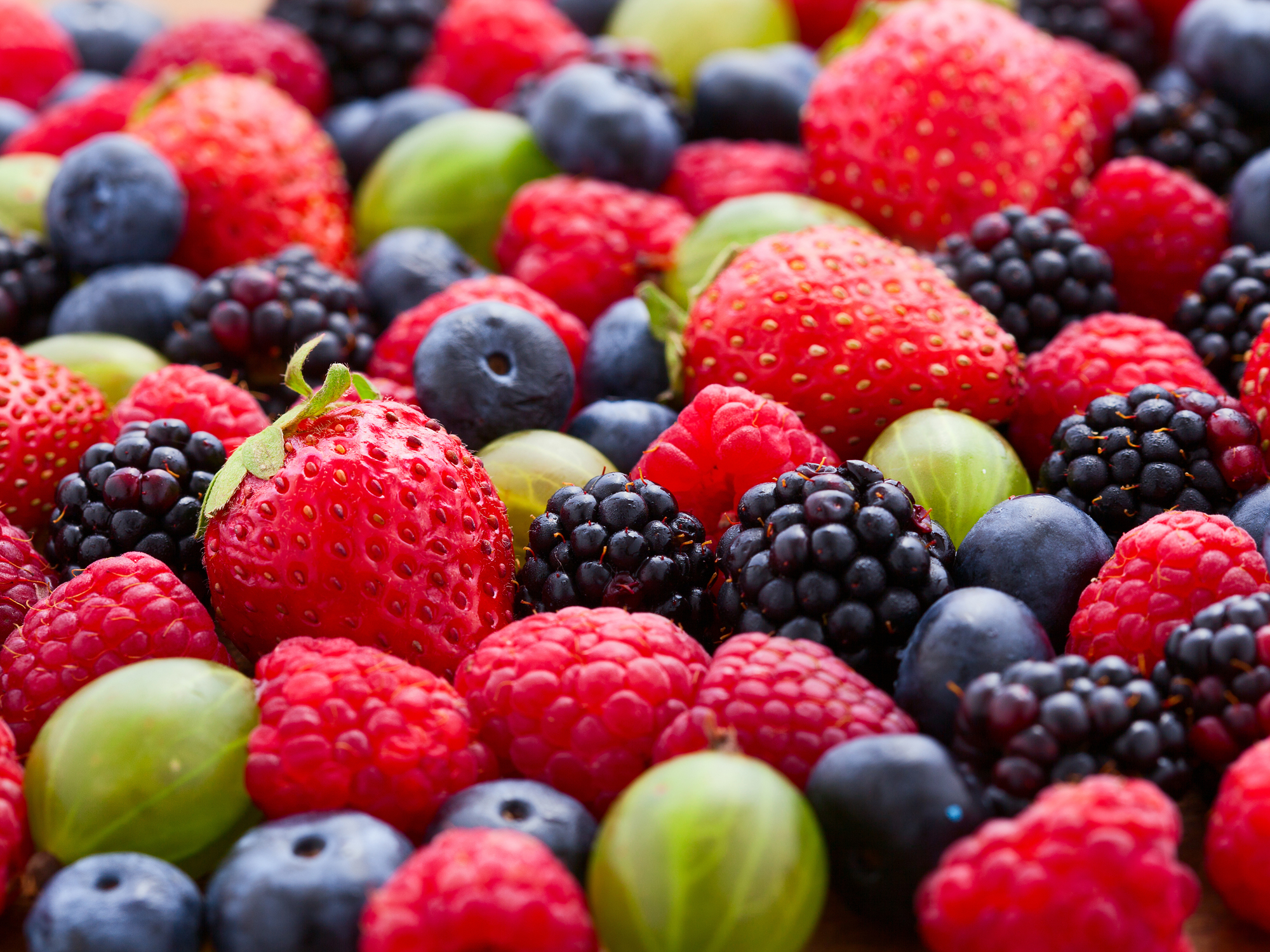Get Easy Health Digest™ in your inbox and don’t miss a thing when you subscribe today. Plus, get the free bonus report, Mother Nature’s Tips, Tricks and Remedies for Cholesterol, Blood Pressure & Blood Sugar as my way of saying welcome to the community!
“Wonder berry” slays breast, lung, colon and liver cancers

When I got a surprise summer cold recently, I went to my local health food store in search of vitamin C. The woman working in the vitamin department saw me trying to decide what type to buy, and gave me a tip that will probably change the way I take vitamin C for the rest of my life.
She said that, sure, I could take the run-of-the-mill synthetic vitamin C powders or tablets most people take. Or I could try a type of vitamin C that comes from an exotic, whole food source — something that would really pack a punch against my cold and much more…
The amazing source of vitamin C she was talking about is an ancient Ayurvedic remedy — a berry that contains not only impressive amounts of vitamin C but antioxidants calcium, phosphorus, iron, carotene and B vitamins too.
It’s called amla or Indian gooseberry. I bought it in a powder form and mixed a teaspoon and a half with a glass of orange juice (it’s very bitter tasting, so I’d suggest taking it with juice rather than water). And sure enough, in a day or so, my cold was gone.
Amla has been used in Ayurveda (the traditional Indian system of medicine) for thousands of years. And some say it’s the most important medicinal plant in the entire Ayurvedic system. That’s refreshing to hear considering most modern doctors will barely admit the value of vitamin C.
Different parts of the plant are used to treat different diseases, but the berries are exceptional. That’s because these unassuming little berries have 200 times the antioxidant content of blueberries! And that’s exactly why the Indian gooseberry is sometimes referred to as the “wonder berry” of cancer prevention and treatment.
Many studies today are still confirming vitamin C’s ability to eradicate cancer, but the C in amla has backup…. In fact, amla contains a whole slew of compounds that have been clinically proven to help prevent the growth of tumors, including gallic acid, ellagic acid, pyrogallol, norsesquiterpenoids, corilagin, geraniin, elaeocarpusin, and prodelphinidins B1 and B2.
Studies have also shown that, in a Petri dish, amla was able to kill breast cancer cells, lung cancer cells, cervical cancer cells, colon cancer cells and liver cancer cells, while leaving healthy cells intact.
But that’s not all. These potent little berries can also help with:
- Fevers
- Diarrhea
- Inflammation
- Wound healing
- Cardiovascular health
- Peptic ulcers
- Liver health
- Anemia
- High cholesterol
- Hair growth
- And much more…
I bought my amla from my local health food store, so you probably can too. If not, you can definitely get it online. So hop to it. Considering all this potent berry can do, you’ll want to add it to your vitamin collection sooner rather than later.
Editor’s note: Discover how to live a cancer prevention lifestyle — using foods, vitamins, minerals and herbs — as well as little-known therapies allowed in other countries but denied to you by American mainstream medicine. Click here to discover Surviving Cancer! A Comprehensive Guide to Understanding the Causes, Treatments and Big Business Behind Medicine’s Most Frightening Diagnosis!












